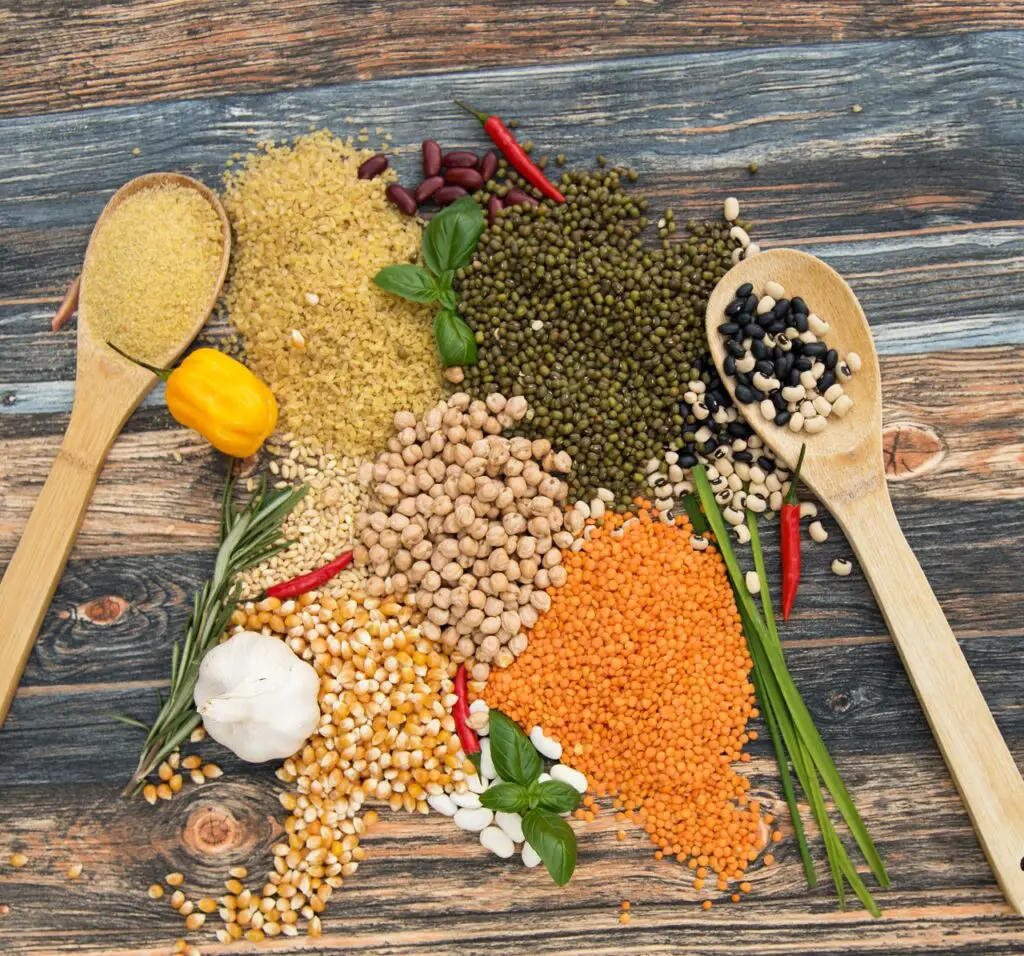
Today, I’d like to introduce the world of temple food through temple food cooking classes and a renowned temple food restaurant. Temple food, deeply rooted in Korean Buddhist traditions, offers a unique culinary experience that embodies the essence of mindfulness, gratitude, and a harmonious connection with nature. Through temple food cooking classes and restaurant, individuals have the opportunity to delve into the flavors, wisdom, and cultural heritage of Korean temple food. Let’s get to know more
What is temple food?
Temple food refers to the cuisine consumed daily at Buddhist temples. In Buddhism, everything is considered part of the practice, including growing vegetables and preparing food. Monks and nuns are directly involved in the entire process and express gratitude for everyone’s efforts in food preparation. They only take what is necessary for sustenance, leaving no leftovers in their bowls. This unique approach to food preparation has been shaped over centuries based on Buddhist philosophy and practice. Temple food is known for being natural, healthy, and an integral part of Buddhist life. Even today, this 1700-year-old tradition is alive in Korean Buddhist temples.
Is it vegan?
Korean temple food is mostly vegan, excluding dairy products. However, dairy-free options can be requested if needed. Korean Buddhism prohibits the consumption of meat. The Buddha stated in the Nirvana Sutra, “Eating meat extinguishes the seeds of compassion.” Buddhism teaches compassion as embracing all living beings as oneself.
What is it made of?
Korean temple food utilizes a variety of mountain herbs and wild greens instead of artificial flavors, leading to the development of a vegetarian tradition. As many Korean temples are situated in the mountains, monks and nuns have easy access to wild roots, stems, leaves, fruits, and flowers, making them leaders in shaping vegetarian culture.
Is it nutritious?
Temple food incorporates assorted vegetables and greens, which provide ample natural fiber, carbohydrates, and protein. Korean temple food is rich in various nutrients while being low in cholesterol. Despite being strictly vegetarian, temple food does not lack in nutrition. Incorporating temple cuisine ingredients into everyday life is advisable for healthier living and preventing age-related health problems. Temple food can contribute to healthier dietary habits for people worldwide.
Where can I join cooking class?
You can experience the special flavors and wisdom of Korean temple food, which has been passed down for 1,700 years, at the traditional temple kitchen located in the deep mountains of Seoul city center. The Korean Temple Food Center is the first complex cultural space dedicated to introducing people to Korean temple food through various exhibitions, experiences, and lectures.
To participate, reservations can be made online through their website or by an email. It is recommended to reserve at least two days in advance. Please note that schedules and activities are subject to change, and any updates will be communicated in advance. Reservations can be made for groups of 10 persons or more, and dishes can be chosen through consultation. The classes are mostly held on Saturdays from 10:30 am to 12:00 pm.
Korean Temple Food Center
Opening hours:
Tuesday to Sunday: 09:00 to 18:00
Closed every Monday and on holidays
Address:
(03061) 39, Yulgok-ro, Jongno-gu, Seoul, Republic of KoreaTelephone:
+82-2-733-4650Email:
info@templestay.com
Public transportation is recommended, as some areas in Jongno and Gwanghwamun have traffic restrictions on weekends.
Where can I have temple food?
For those seeking a taste of temple food without the time for cooking classes, you can experience temple food at the Balwoo Gongyang, the temple food restaurant. Operated by the Jogye Order of Korean Buddhism, this restaurant aims to introduce temple food culture to the world and has even received a Michelin star rating. The dishes at Balwoo Gongyang are prepared following the original recipes of monastic meals passed down through the temple.
Address:
56 Ujeongguk-ro (gyeonji-dong), Jongno-gu, Seoul, 5th floor, Templestay Information CenterOpening hours:
Open: Monday to Saturday
Closed: Sundays, Lunar New Year, and Korean Thanksgiving (Chuseok) holidays
Lunch:1st seating: 11:30 a.m. to 1:20 p.m.
2nd seating: 1:30 p.m. to 3:00 p.m.
Dinner:6:00 p.m. to 9:30 p.m. (Last order at 8:00 p.m.)
Closed on Sundays
Phone:
02-733-2081
Whether you choose to explore the art of temple food through cooking classes or indulge in a memorable dining experience, temple food offers a glimpse into a holistic approach to nourishment. From its dedication to using natural, plant-based ingredients to its focus on gratitude, compassion, and well-being, temple food presents a culinary journey that goes beyond mere sustenance.
Embark on this gastronomic adventure and discover the captivating world of temple food, where tradition, mindfulness, and delectable flavors intertwine. Experience the vibrant tastes of the seasons, embrace the connection between food and spirituality, and savor the nourishment that temple food provides for the body, mind, and soul!
